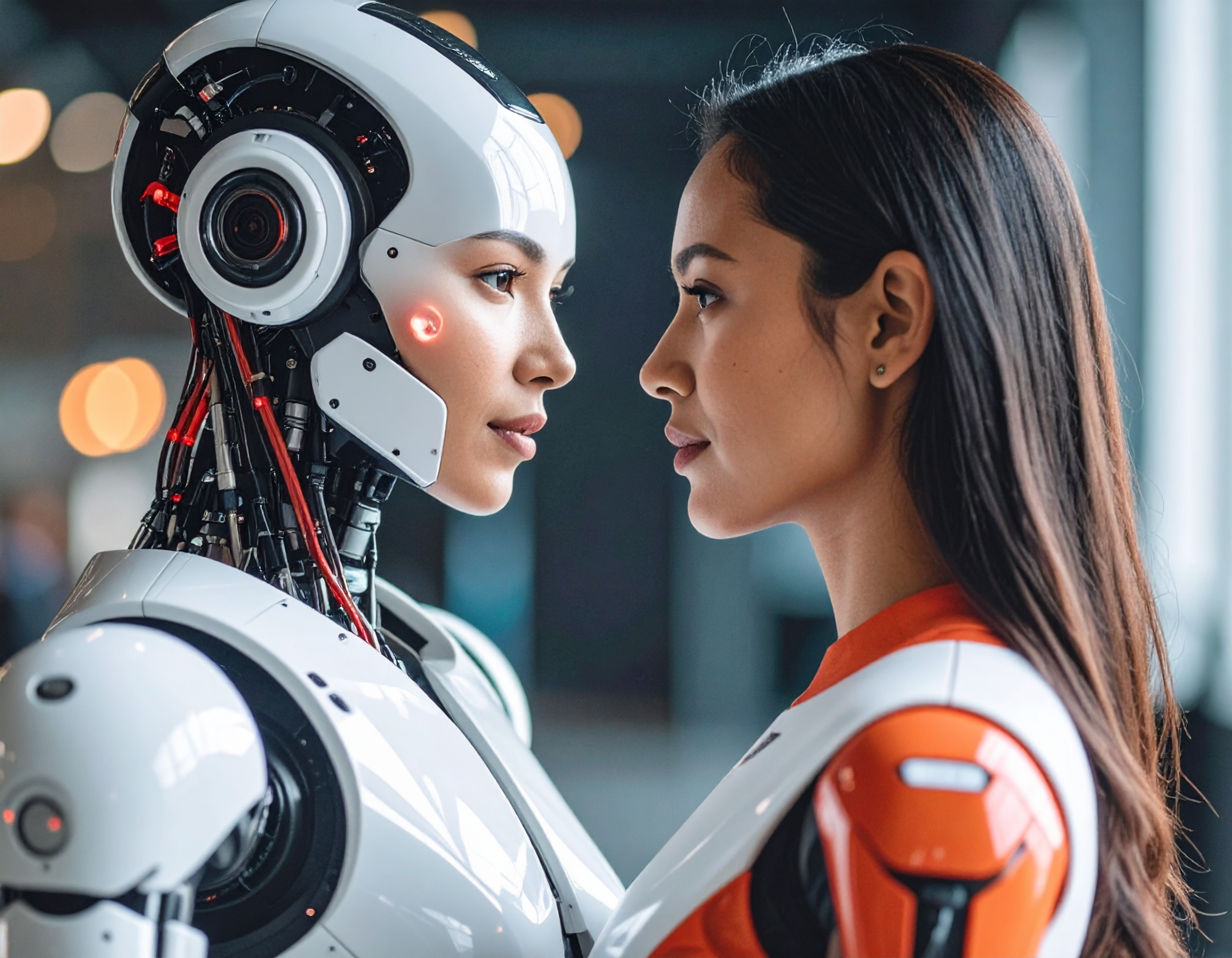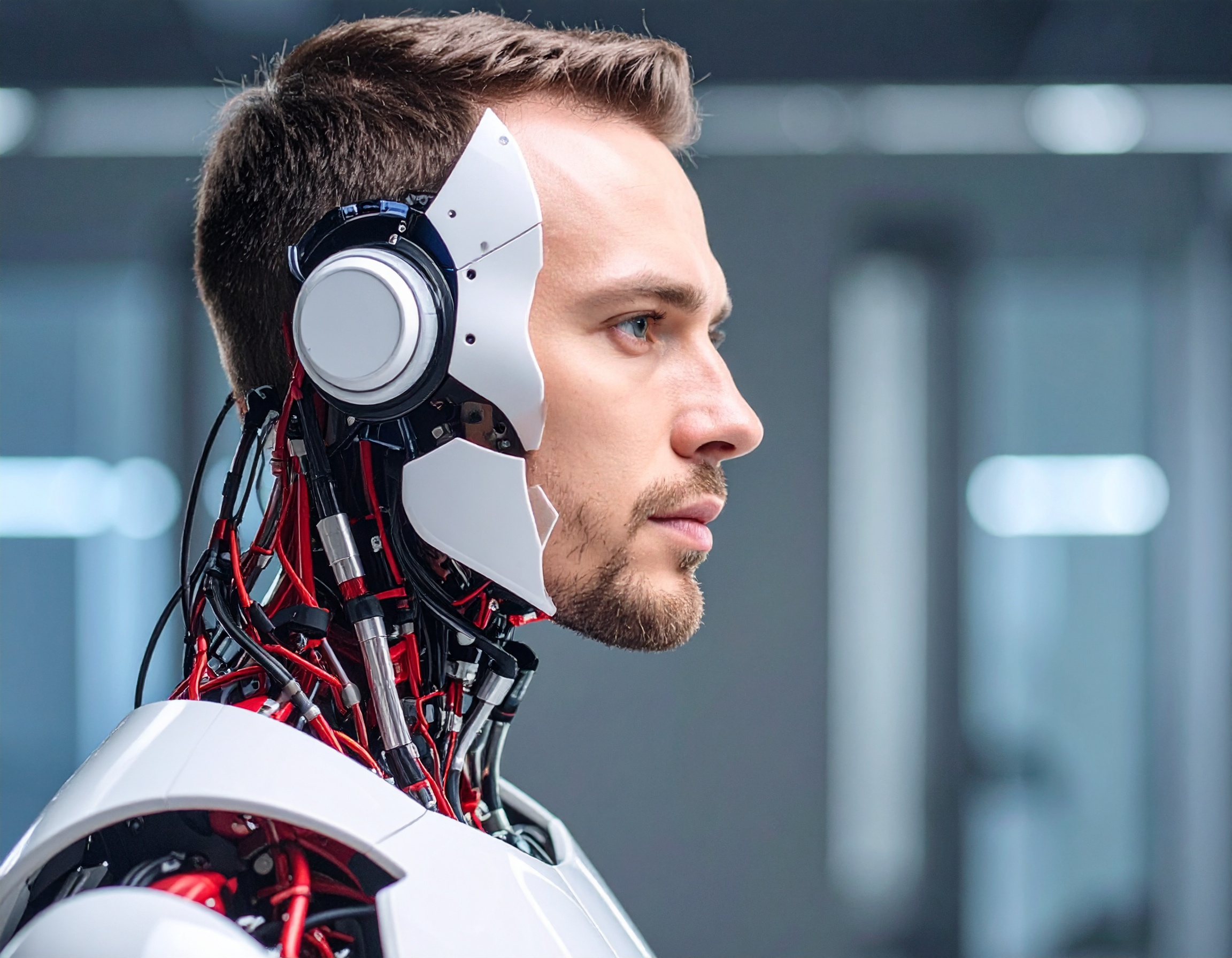Navigating Cultural Sensitivity in Robotics: The Evolution Towards Culturally Intelligent Agents

In a bedroom conversation between an elderly British man and a cheery robot, a poignant question arose: why was the robot probing about the man's World War II memories? This encounter epitomizes the growing intersection of culture and robotics, exemplified by the Caresses project. Led by the University of Birmingham, this initiative pioneers "cultural robotics," aiming to imbue robots with cultural awareness to tailor interactions accordingly. As non-human workers like digital employees become increasingly integrated into daily life, understanding cultural nuances becomes paramount.
Active research spans diverse sectors, from delivery robots to robotic priests, reflecting the expanding role of intelligent agents. Yet, amidst this progress lies a critical concern: the potential reinforcement of cultural stereotypes. Large language models (LLMs), like OpenAI's ChatGPT, trained predominantly on English text, risk perpetuating biases embedded within cultural assumptions. Similarly, efforts to render robots culturally sensitive raise questions about the validity of generalized cultural preferences, as highlighted in studies comparing societal perceptions of robot aesthetics and personal space.
Cultural complexity necessitates a nuanced approach in robotics design. Recognizing culture's multifaceted nature, scholars advocate for tailored strategies. For instance, in entertainment settings, robots may adapt by embracing local preferences in dance styles. Conversely, for long-term interactions, such as in care homes, a dynamic understanding of culture, evolving through ongoing interactions, proves essential. By steering clear of simplistic stereotypes, robotics can evolve into truly culturally intelligent agents, enriching human-robot interactions while sidestepping the perpetuation of harmful biases.
Key Highlights:
- The article explores the emergence of cultural sensitivity in robotics, exemplified by the Caresses project, which aims to create robots that adapt their behavior based on the cultural background of the individual they're interacting with.
- It discusses the increasing integration of robots, termed "intelligent agents" or "digital employees," into various sectors such as healthcare, entertainment, and elderly support, underscoring the importance of understanding cultural nuances in these interactions.
- Concerns are raised regarding the potential reinforcement of cultural stereotypes, exemplified by studies comparing societal perceptions of robot aesthetics and personal space preferences across different cultures.
- The need for a nuanced approach to cultural sensitivity in robotics design is emphasized, suggesting tailored strategies based on specific contexts. For instance, in entertainment settings, robots may adapt to local preferences in dance styles, while long-term interactions, like those in care homes, require a dynamic understanding of culture evolving through ongoing interactions.
Reference:


